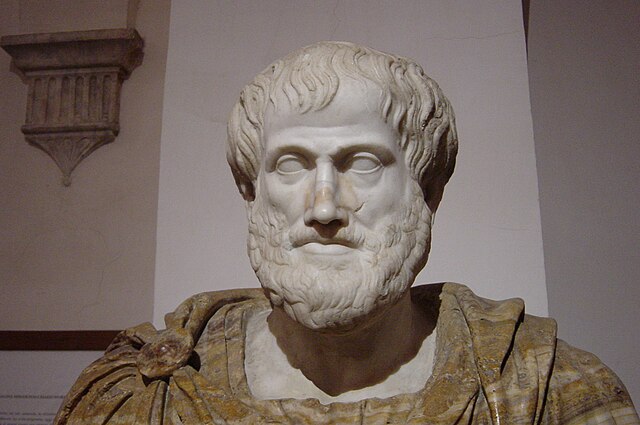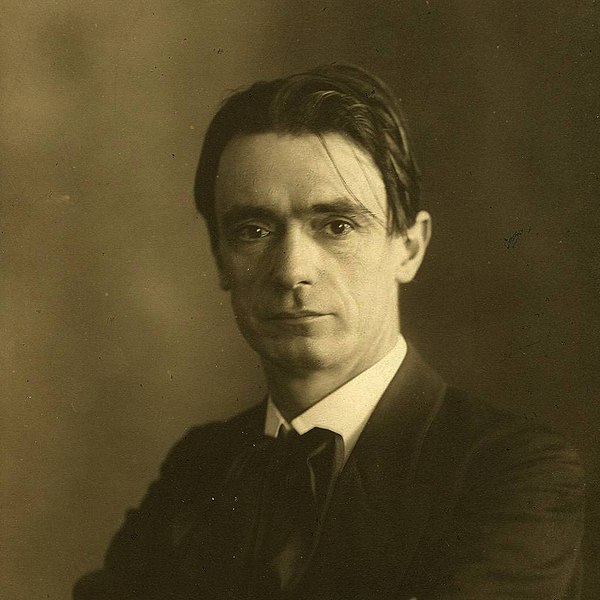Waldorf education, also known as Steiner education, is based on the educational philosophy of Rudolf Steiner, the founder of anthroposophy. Its educational style is holistic, intended to develop pupils' intellectual, artistic, and practical skills, with a focus on imagination and creativity. Individual teachers have a great deal of autonomy in curriculum content, teaching methods, and governance. Qualitative assessments of student work are integrated into the daily life of the classroom, with standardized testing limited to what is required to enter post-secondary education.
Hawthorne Valley Waldorf School, Ghent, New York
Waldorf school in Ismaning, Bavaria
Rudolf Steiner
Waldorf elementary school classroom
The philosophy of education is the branch of applied philosophy that investigates the nature of education as well as its aims and problems. It also examines the concepts and presuppositions of education theories. It is an interdisciplinary field that draws inspiration from various disciplines both within and outside philosophy, like ethics, political philosophy, psychology, and sociology. Many of its theories focus specifically on education in schools but it also encompasses other forms of education. Its theories are often divided into descriptive theories, which provide a value-neutral description of what education is, and normative theories, which investigate how education should be practiced.
Inscribed herma of Plato (Berlin, Altes Museum)
Bust of Aristotle. Roman copy after a Greek bronze original by Lysippos from 330 BC.
Jean-Jacques Rousseau by Maurice Quentin de La Tour
Rudolf Steiner








